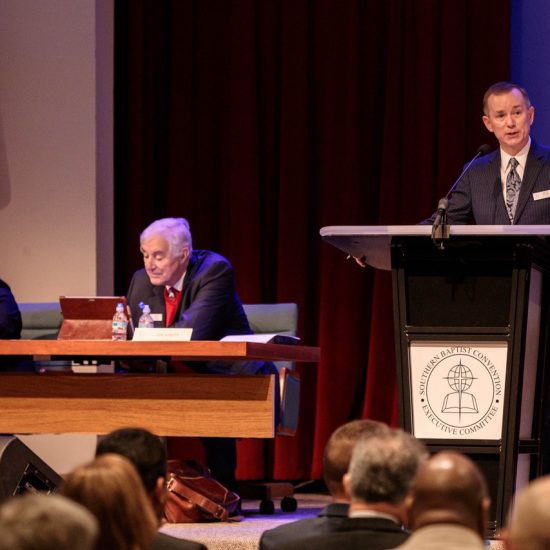As crude oil began to gush into the Gulf of Mexico, everyone seemed to focus more on finger-pointing than on taking responsibility and finding solutions to the disaster. Where can a citizen lodge a legal complaint that would bring damage-control to bear upon a situation like this?
When this question arrived in early June, the editors suggested I might want to revise it when time came to publish it in the paper. Actually, the original question provides some food for thought.
A legal complaint generally is lodged in court. For a citizen to do so, he needs to have actual damages. Certainly, families who lost a loved one, fishermen out of work, and even owners of vacation rentals who have lost their tourist season have grounds. For the greater society, lodging an individual complaint is not an answer. We already do enough complaining and finger-pointing after something goes wrong.
As we ponder the summer’s events, we must ask: For which situation are we seeking damage control? Was it the Florida vacation interrupted, the threat to the shrimp supply for parties, the environmental damage altering the delicate Gulf ecosystem or the heartbreaking pictures of oil-soaked pelicans?
The real question is whether we would have been outraged if the oil had not gushed into the Gulf. What if it had been a leakless oil rig explosion? Would we have demanded effective legal damage control if it were a “mere” workplace accident with 11 men dead, 11 families’ lives altered forever because a corporation was indifferent, undertaking dangerous activities in search of profits without taking the proper safety precautions? Americans are convinced technology has the answers. We assume safety is assured in the processes that bring us the gas we demand for our vehicles at less than $4 per gallon, cheap coal to heat our homes and, yes, even salmonella-free eggs.
Sadly, that is not the case, as the Gulf disaster has taught. While some people ask for less government, our workplaces and products become less safe. We need to just say no to legislators who are more interested in scaring us than passing effective laws we really need.
Lawmakers listen to complaints made by large groups of their constituents. If we are to avoid situations that have us demanding damage control after the fact, we must consider the likelihood that some things can only be accomplished collectively. If enough citizens demand effective safety regulation and get over our self-centered refusal to pay for things we can accomplish only collectively, disasters like the oil spill may be prevented, protecting both our hard-working neighbors and the beautiful earth God created.
Cynthia Holmes, attorney
Former moderator, Cooperative Baptist Fellowship
Clayton, Mo.
Right or Wrong? is sponsored by the T.B. Maston Chair of Christian Ethics at Hardin-Simmons University’s Logsdon School of Theology. Send your questions about how to apply your faith to btillman@hsutx.edu.

